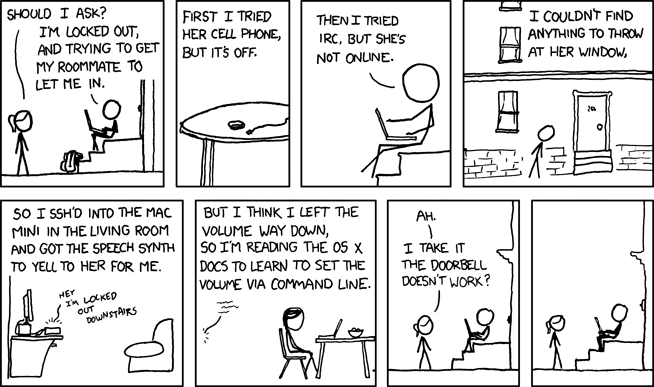This article is driven by the idea of how Technical Communication relates to the humanities. More specifically, does it relate to the humanities? Carolyn Miller began trying to prove that technical writing could satisfy a humanities course requirement because the university contemplated attaching a literature pre-requisite to her technical writing course. It should be noted that while Miller believes an “argument can be made, and on firm and respectable grounds” she also says that “the way to it is not clear.” She goes on at length about how, in order to understand technical writings relationship to the humanities, a new definition of science needs to be realized. She goes on to state that “the common opinion that the undergraduate technical writing course is a “skills” course with little or no humanistic value is the result of a lingering but pervasive positivist view of science” (Miller 1). I mean really? How arrogant is a statement like that? Just accept the fact that your course does not satisfy a humanities requirement and accept the damn literature course as a pre-requisite. It’s not going to harm a student to know a little more is it? Actually, let’s look at the quote again. I just want to know: what the hell is positivism. Miller defines positivism as "the conviction that sensory data are the only permissible basis of knowledge". Okay. What the hell does that mean? I like to think of myself as a fairly educated person, and I have never heard this term before. However, this doesn’t mean anything, let’s take to the internet! The Oxford English Dictionary defines positivism as “a philosophical system elaborated from the 1830s by the French thinker Auguste Comte (1798–1857), recognizing only observable phenomena and empirically verifiable scientific facts and laws”. Well that’s a pretty erudite definition. Let’s look to wikipedia to dumb that down for us. According to wikipedia, “Positivism refers to a set of epistemological perspectives and philosophies of science which hold that the scientific method is the best approach to uncovering the processes by which both physical and human events occur.” FINALLY, a statement I can understand, and more importantly I agree. Why would anyone want to change that? Positivism is good. Positivism is right. If positivism is right, and miller says it’s wrong, then that can only mean Miller is wrong. My favorite line in the article comes on the 5th page. For me it drives home the fact that Miller is just another writer using rhetoric and language to convince the reader that her position is the right one. She says “the whole idea of invention is heresy to positivist science- science does not invent, it discovers.” She would have the reader believe that science, invention, and discovery to not go hand in hand. She would have you believe that invention and discovery oppose each other, but in truth, invention is discovery, and discovery is invention. They are just words that convey an idea. That idea is the true genius in science. There is always more to know, and unlike Miller, I will not forget that. Just because technical writing involves an “examination and understanding of one’s own activity and consciousness” (Miller 8) does not mean that I will consider it a humanity. Why? Because positivism taught me that just because something is black and white doesn’t mean it’s a zebra. Just because something has the right qualifications doesn’t make it true. There is always more to know.
I would like to use this image as a metaphor for Miller. She won’t accept the obvious, that maybe she should just accept the literature pre-requisite. Instead she goes about getting her course to count towards humanities, something much more complicated and unnecessary.

Saajan,
ReplyDeleteMany great insights in this post. THANK YOU for using the resources easily at hand to look up terms that Miller uses. To a certain extent, I agree with you. I look forward to discussing this article in class tomorrow.